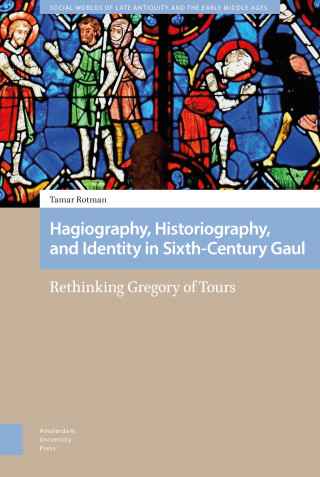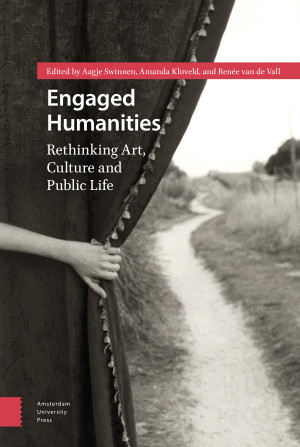1. Foreword: Culture and Anarchy Revisited (Joep Leerssen)
2. Introductory Chapter: Engaged and Engaging Humanities (Miriam Meissner, Aagje Swinnen, and Susan Schreibman)
I. Subjectivities and Communities
3. “Literature as Equipment for Living”: Parental Self-Fashioning in Full Circle Adoptions (Elisabeth Wesseling)
4. “Look! Look Now, So Beautiful”: Collaborative Engagement with an Artistic Film Installation in Residential Dementia Care (Aagje Swinnen, Ike Kamphof, Annette Hendrikx, and Ruud Hendriks)
5. Examining Multilinguistic Practices in a Peripheral Region: Social Categorization and Belonging (Leonie Cornips, Jolien Makkinga, Nantke Pecht, and Pomme van de Weerd)
6. Hacking Rules: Facilitating Inclusivity in Hacker- and Makerspaces (Annika Richterich)
II. Engaging Narratives
7. Generation War: Dissonant Perceptions of World War Two and the Holocaust (Georgi Verbeeck)
8. Revisiting a Vanished Shtetl: A Reconstruction of the Everyday Life of the Jews of Interwar Grodzisko Dolne Based on Oral and Written Testimonies of Holocaust Survivors (Amanda Kluveld)
9. Minimalist Lifestyles and the Path to Degrowth: Towards an Engaged Mindfulness (Miriam Meissner)
III. Collaborations
10. Embedded, Embodied, and Engaged: Studying and Valorizing Home Movie Dispositifs (Tim van der Heijden and Joseph Wachelder)
11. History in a Box: Bringing Families Together through Technology (Costas Papadopoulos and Susan Schreibman)
12. Bridging the Gaps between Theory and Practice through Cross-Institutional Collaboration in the Conservation of Contemporary Art (Pip Laurenson, Vivian van Saaze, and Renée van de Vall)
IV. The Humanities Tradition: Pioneers and Longstanding Debates
13. Between Female Hellenism and Suffrage: Jane Ellen Harrison’s Feminist Engagement and the Early Performative Turn in the Study of Religion (Ulrike Brunotte)
14. Educating for Democracy: Empathy, Reading, and Making Better Citizens in Martha Nussbaum’s Public Education Project (Sjaak Koenis and Jan de Roder)
Index

